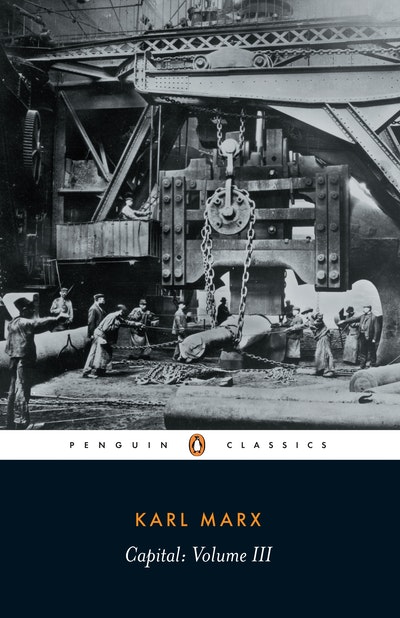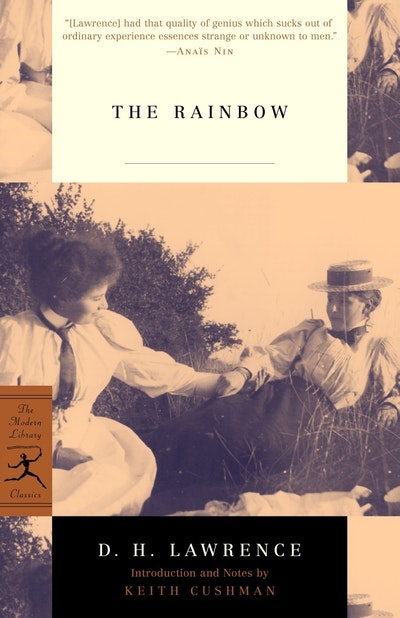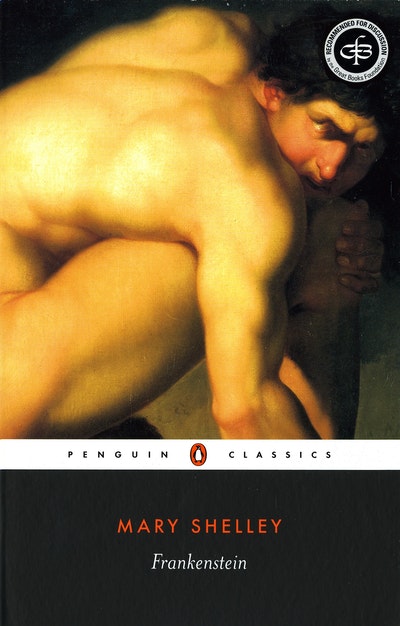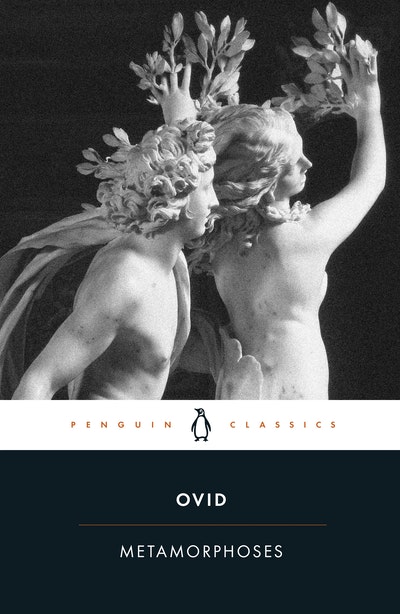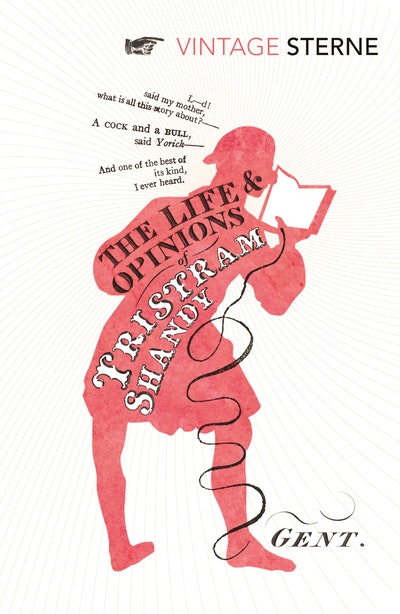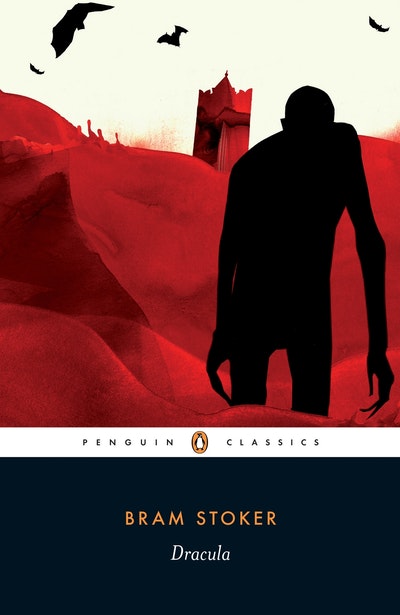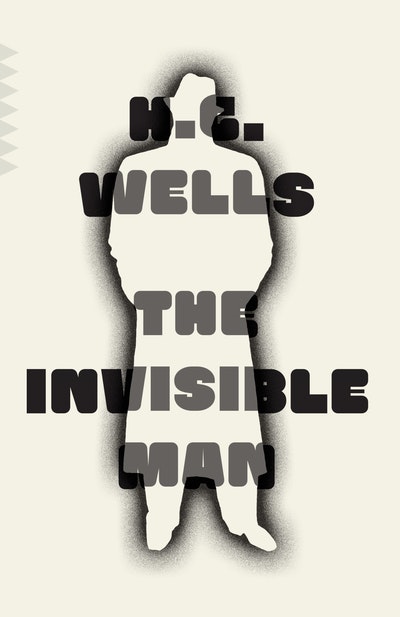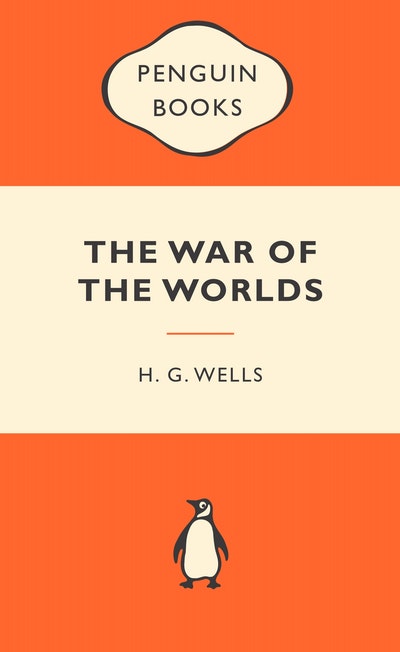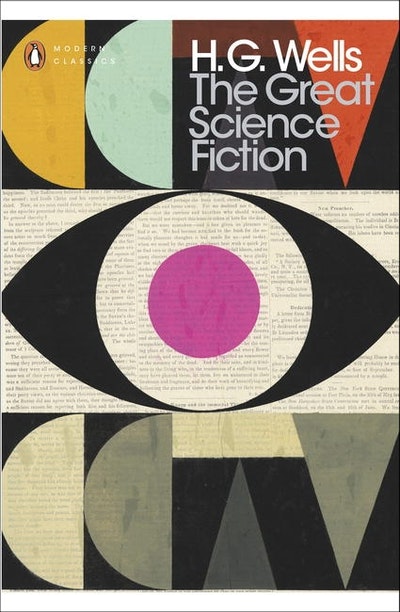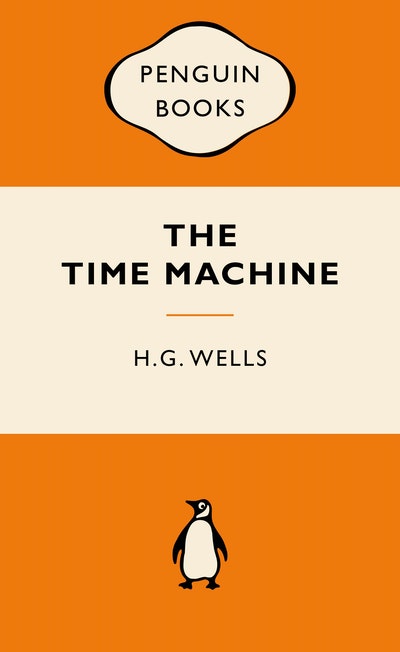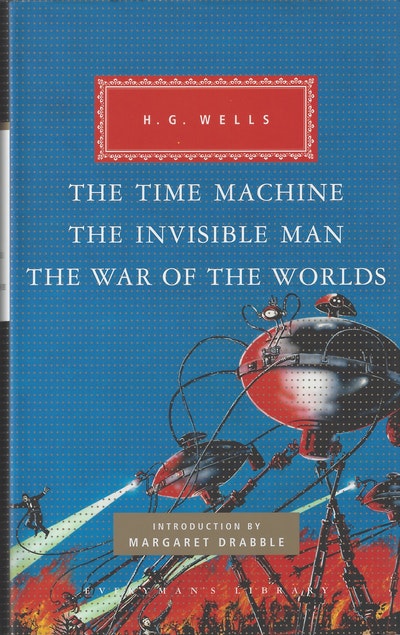- Published: 23 May 2012
- ISBN: 9780141974200
- Imprint: Penguin eBooks
- Format: EBook
- Pages: 208
The War of the Worlds
Launching a major new paperback series: Penguin English Library
With an essay by John Huntington.
'Death!' I shouted. 'Death is coming! Death!'
In this pioneering, shocking and nightmarish tale, naïve suburban Londoners investigate a strange cylinder from space, but are instantly incinerated by an all-destroying heat-ray. Soon, gigantic killing machines that chase and feed on human prey are threatening the whole of humanity. A pioneering work of alien invasion fiction, The War of the World's journalistic style contrasts disturbingly with its horrifying visions of the human race under siege.
The Penguin English Library - 100 editions of the best fiction in English, from the eighteenth century and the very first novels to the beginning of the First World War.
- Published: 23 May 2012
- ISBN: 9780141974200
- Imprint: Penguin eBooks
- Format: EBook
- Pages: 208
Other books in the series
About the author
English novelist, journalist, sociologist, and historian, whose science fiction stories have been filmed many times. WELLS’ best known works are THE TIME MACHINE, one of the first modern science fiction stories, THE INVISIBLE MAN, and THE WAR OF THE WORLDS. Wells wrote over a hundred of books, about fifty of them novels.
H.G. Wells was born in Bromley, Kent, in 1866. After an education repeatedly interrupted by his family’s financial problems, he eventually found work as a teacher at a succession of schools, where he began to write his first stories.
Wells became a prolific writer with a diverse output, of which the famous works are his science fiction novels. These are some of the earliest and most influential examples of the genre, and include classics such as The Time Machine and The War of the Worlds. Most of his books very well-received, and had a huge influence on many younger writers, including George Orwell and Isaac Asimov. Wells also wrote many popular non-fiction books, and used his writing to support the wide range of political and social causes in which he had an interest, although these became increasingly eccentric towards the end of his life.
Twice-married, Wells had many affairs, including a ten-year liaison with Rebecca West that produced a son. He died in London in 1946.







































































